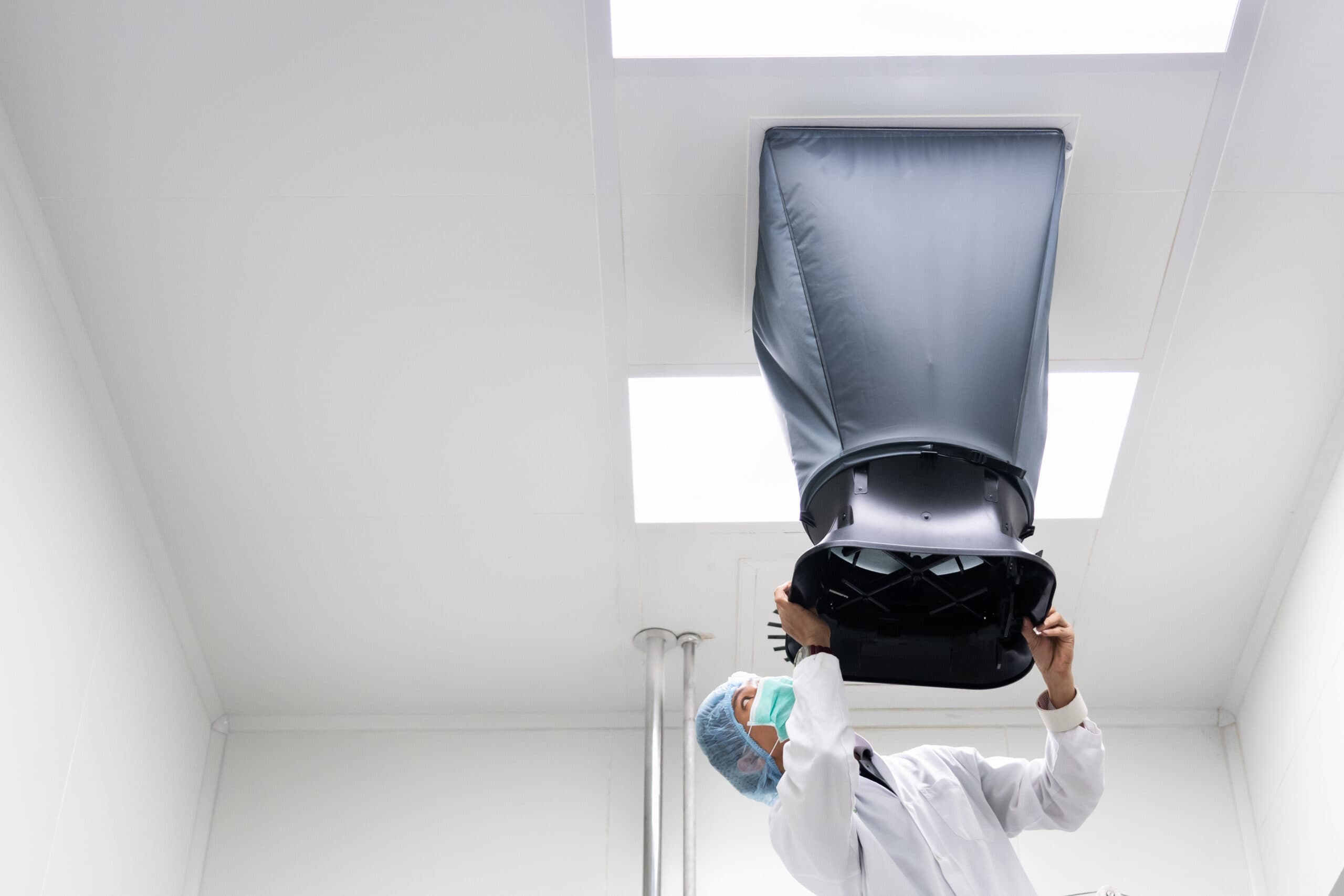Purchasing an HVAC (Heating, Ventilation, and Air Conditioning) system is a significant investment for any homeowner. It not only impacts the comfort of your home but also plays a crucial role in your energy bills. But when is the best time to buy an HVAC system? This question is essential for homeowners who wish to optimize costs and ensure they have an efficient and reliable system.

Understanding the HVAC System
Before diving into the best times to purchase an HVAC system, it’s crucial to understand what it entails. An HVAC system is essential for maintaining indoor air quality and comfort. It regulates temperature, controls humidity, and filters air.
Components of an HVAC System
The main components include the furnace, air conditioner, heat pump, ductwork, and thermostat. Each part has a specific function in maintaining the ideal indoor environment. To learn more about specific components like the AHU in HVAC, visit our detailed guides.
Seasonal Considerations
Timing is everything when it comes to buying an HVAC system. Different seasons present unique advantages. To make an informed purchase, it’s essential to consider seasonal factors.
Spring and Fall The Ideal Seasons
Spring and fall are considered the best times to purchase an HVAC system. During these seasons, the demand for HVAC services is typically lower, resulting in better prices and faster installation times. HVAC companies often offer discounts during these periods to encourage purchases. Because the weather is mild, there’s less urgency, allowing you to shop around for the best deals.
Winter and Summer High Demand Periods
Conversely, winter and summer are peak seasons for HVAC usage. Demand for services is high, and this may lead to inflated prices and longer wait times for installations. If possible, avoid making purchases during these busy times.
Cost-Saving Strategies
Buying an HVAC system requires thoughtful budgeting and planning. Here are some cost-saving tips:
Off-Season Purchases
As mentioned earlier, buying during the off-seasons (spring and fall) can lead to substantial savings. Manufacturers often clear out older models to make room for new ones, offering discounts in the process.
End-of-Financial-Year Sales
Many retailers and manufacturers offer significant discounts at the end of their fiscal year. Keep an eye out for these sales events to snag a great deal on an HVAC system.
Rebates and Tax Credits
Investigate potential rebates and tax credits that are available for energy-efficient HVAC systems. These incentives can substantially reduce your initial outlay. For more on improving the energy efficiency of your system, explore tips on how to check efficiency of the HVAC system.
Choosing the Right HVAC System
Besides timing, selecting the right system is crucial. Here are some tips for making the best choice:
Assess Your Needs
Different homes have different heating and cooling requirements. Assess your home’s needs based on size, location, and climate to select an appropriate system. The type of system you choose should match your specific requirements.
Energy Efficiency
Prioritize energy-efficient models. Though they might come with a higher price tag, the long-term savings on energy bills are worth the investment.
Get Professional Guidance
Consult professionals to make an informed decision. They can help assess your specific needs and recommend the best system for your home. For more technical insights, you can check how an HVAC system differs from a heat pump.
Installation Considerations
Proper installation is critical to the performance and longevity of your HVAC system. Always hire experienced technicians to ensure a proper installation.
Maintenance Plans
Regular maintenance is key to keeping your HVAC system running efficiently. Many companies offer plans that include routine check-ups, which can prevent costly repairs down the line. To understand more about HVAC system maintenance, the EPA provides valuable guidance.

FAQ
Should I Replace My HVAC System Before It Breaks?
Replacing your system before it fails can save you from emergency repair costs and ensure uninterrupted comfort. If your system is over 10-15 years old, consider replacing it.
How Do I Know the Right Size for My HVAC System?
A professional can conduct a load calculation to determine the perfect size for your system. It’s essential for efficiency and comfort.
What Are Signs My HVAC Needs Replacement?
Frequent repairs, high energy bills, and inconsistent temperatures are indicators that your HVAC system needs replacing.
In conclusion, timing your HVAC purchase during off-peak seasons, while taking advantage of sales and incentives, can lead to substantial savings. Ensure that you choose a system that meets your needs and prioritize energy efficiency for ongoing cost savings. Remember, regular maintenance is essential for performance and longevity.
This article contains affiliate links. We may earn a commission at no extra cost to you.






